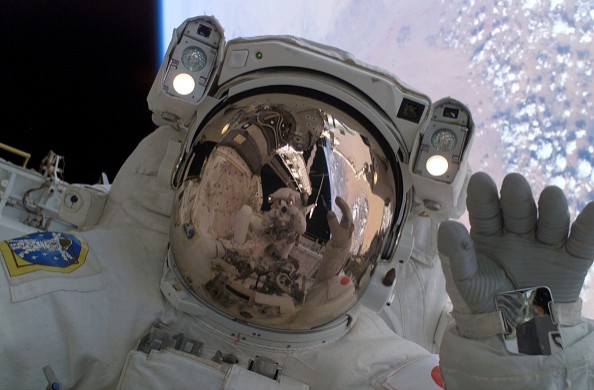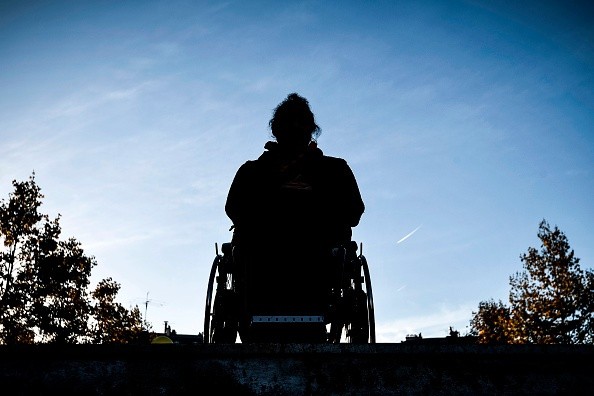AstroAccess has one mission; to bring disabled astronauts to outer space.

Before people are sent to orbit, NASA and other space agencies ensure that they are physically capable of handling the space environment.
This is why you don't commonly see disabled astronauts at the International Space Station or other orbiting labs. But, AstroAccess wants to change this scenario by helping people with disabilities to reach space.
AstroAccess to Allow Disabled Astronauts Reach Space!
According to Gizmodo's latest report, the AstroAccess project promotes disability inclusion in space.

To make this a reality, the program is already conducting experiments involving disabled individuals.
They are being put in a simulated weightless environment. AstroAccess is working with the Zero Gravity Corporation, an American weightless flight operator, to conduct these tests.
As of press time, AstroAccess already coordinated two weightless flights for disabled people. These tests help AstroAccess to understand how disabilities can affect people in zero-gravity environments.
One of the things they discovered is that certain disability accommodations, such as prosthetic legs, are useless once people are in space.
Aside from this, AstroAccess also discovered that some disabilities disappear once disabled people are in space.
How to Help AstroAccess
AstroAccess is accepting financial assistance from anyone who wants to help disabled astronauts reach outer space.
"If we can make space accessible, we can make any space accessible," said the space program via its official website.
For those who are interested to donate, all you need to do is visit Astroaccess.org and click the "Donate Now" option.
Your donations would be used for the following expenses:
- Administrative and legal fees.
- In-flight task demonstration equipment and supplies.
- Parabolic flight costs from ZERO-G.
- Travel and support for Ambassador visits to aerospace companies in Long Beach/LA area.
- Ambassador travel, meals, and hotels.
- Travel support for the organizing team (mostly volunteers).
In other stories, the SpaceX Crew-6 ISS launch was delayed due to ground system issues.
Meanwhile, NASA selected a solar physicist as its new Head of Science.
For more news updates about space, always keep your tabs open here at TechTimes.

ⓒ 2025 TECHTIMES.com All rights reserved. Do not reproduce without permission.




